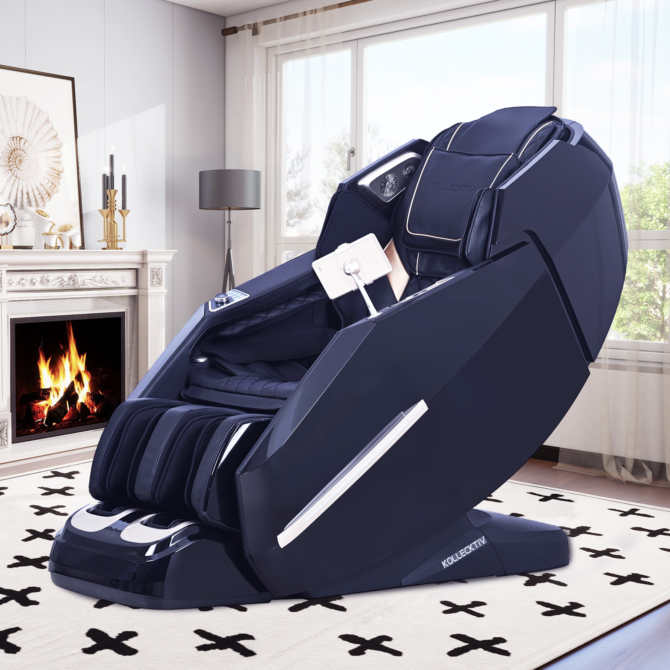Exploring the Adaptive Design of Massage Chairs for Personalized Comfort
Massage chairs have become popular due to their advanced technology and the customizable features they offer that mimic human massage techniques. One such feature is the ability to adjust to the user’s body, ensuring a personalized massage experience. The massage chairs adjust to the user’s body to deliver maximum comfort, support and ensure that the user gets the full benefits of massage therapy. But how does the massage chair adjust to fit the user’s body?In this article, we will delve into the mechanisms and technologies employed by massage chairs to ensure a personalized and comfortable massage experience.
- Body Scanning Technology:
Modern massage chairs are equipped with advanced body scanning technology that allows them to accurately detect the user’s body shape and size. This technology typically utilizes sensors and infrared technology to map the contours of the user’s body. By scanning the body, the massage chair can identify the specific areas that require attention and adjust its massage techniques accordingly.
- Automatic Adjustment of Massage Rollers:
Massage chairs employ a variety of techniques to adjust the position and movement of the massage rollers to fit the user’s body. These rollers are responsible for delivering the massage strokes and targeting specific areas of the body. Through the use of motors and intelligent programming, the massage chair can automatically adjust the position, width, and intensity of the rollers to accommodate the user’s body shape and preferences.
- Airbag Compression and Inflation:
Massage chairs often incorporate airbags that provide compression and inflation to different parts of the body. These airbags are strategically placed throughout the chair and can be adjusted to fit the user’s body. By inflating and deflating the airbags, the massage chair can apply gentle pressure to specific areas, such as the shoulders, arms, hips, and legs, providing a more customized and comfortable massage experience.
- Adjustable Recline and Zero Gravity Positions:
Massage chairs offer various recline positions, including zero gravity, to optimize comfort and relaxation. Zero gravity positioning distributes the user’s weight evenly across the chair, reducing pressure on the spine and joints. This feature allows the massage chair to adapt to the user’s body by providing optimal support and alignment. Users can adjust the recline angle and find the position that best suits their body shape and preferences.
- Customizable Massage Programs:
Massage chairs often come with pre-programmed massage modes and settings that can be customized to fit the user’s body. These programs offer a range of massage techniques, such as kneading, tapping, rolling, and shiatsu, which can be adjusted in terms of intensity, speed, and focus areas. By selecting the appropriate program and adjusting the settings, users can tailor the massage chair’s functions to their specific needs and body requirements.
- User Profiles and Memory Functions:
Some massage chairs feature user profiles and memory functions that allow multiple users to save their preferred settings. These profiles store information about the user’s body shape, massage preferences, and intensity levels. When a user selects their profile, the massage chair automatically adjusts its settings to fit their body, providing a personalized and consistent massage experience each time.
Conclusion
Massage chairs have advanced significantly in their ability to adapt and adjust to fit the user’s body. Through the use of body scanning technology, adjustable massage rollers, airbag compression, customizable programs, and user profiles, massage chairs can provide a personalized and comfortable massage experience. Invest in a massage chair that offers these adaptive features to enjoy a truly tailored relaxation session.


